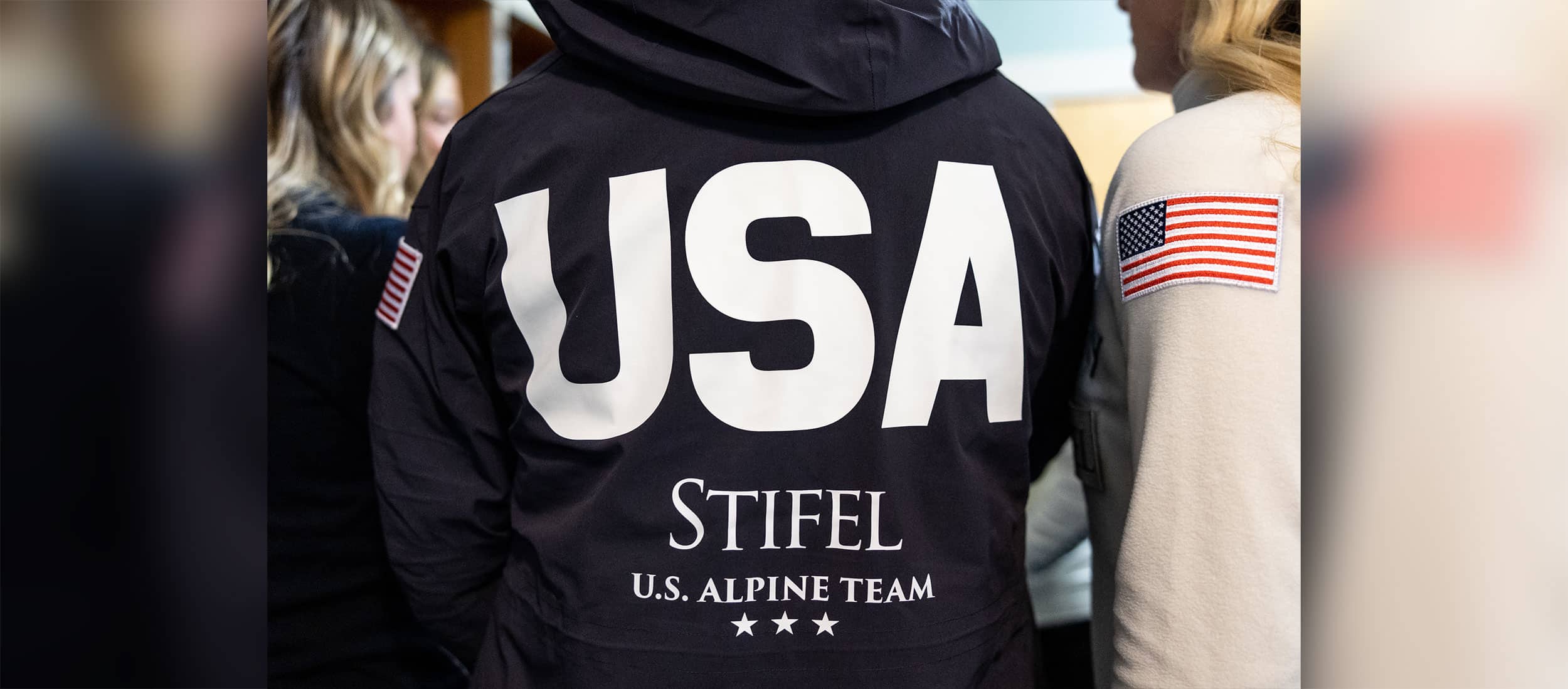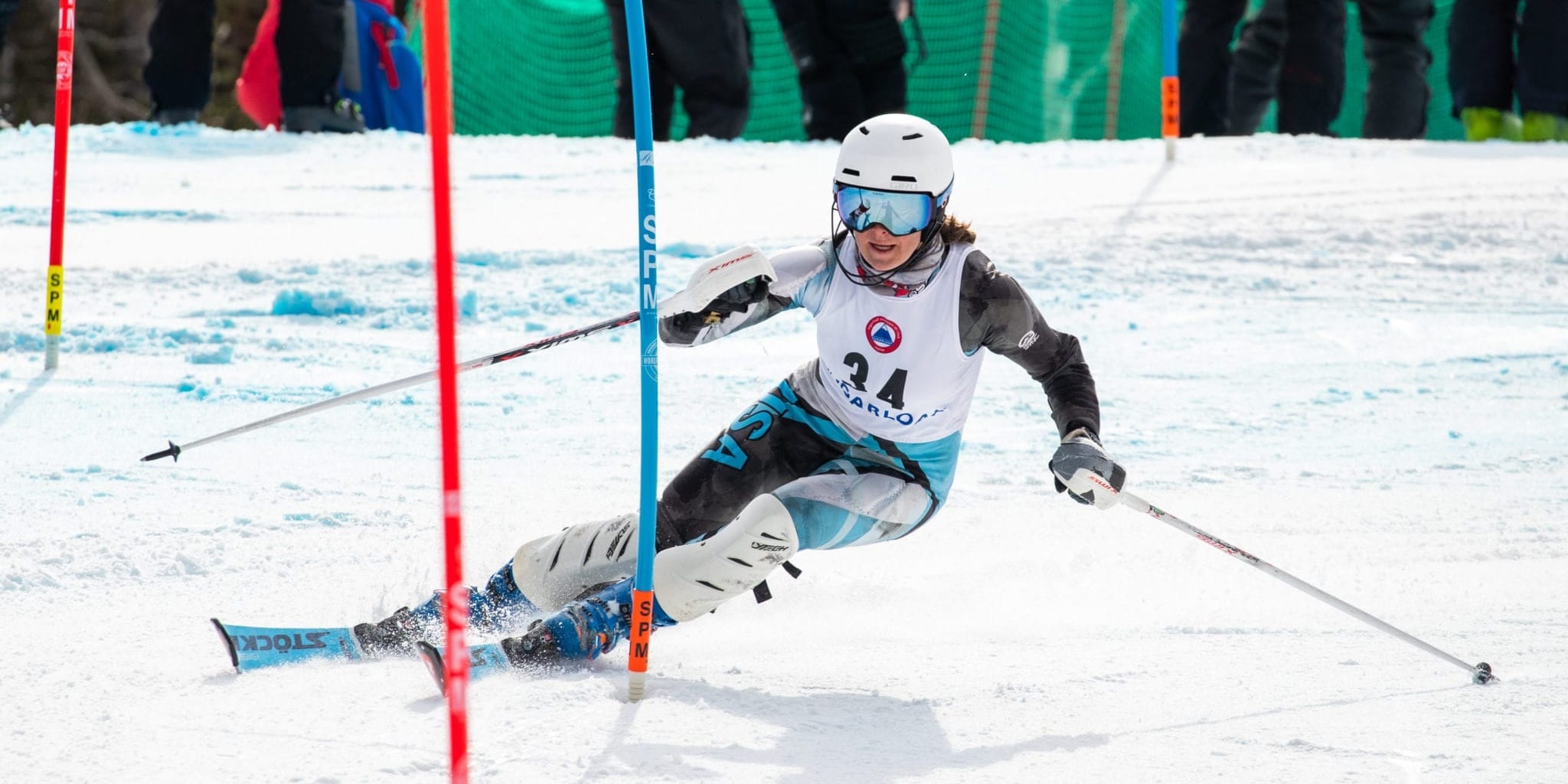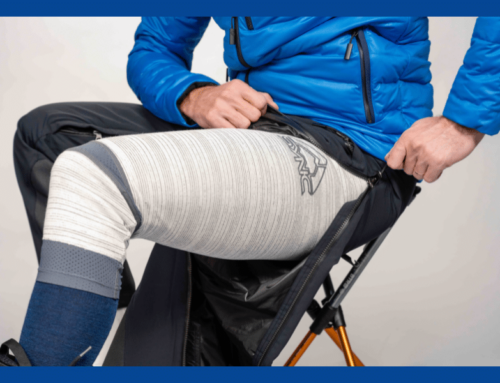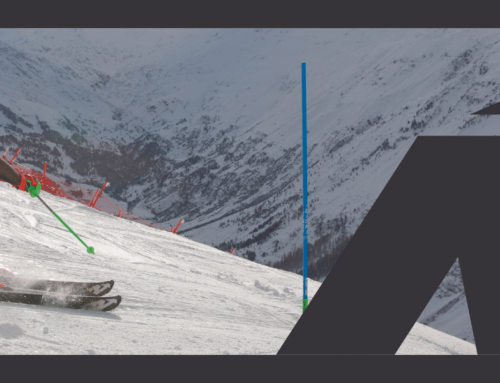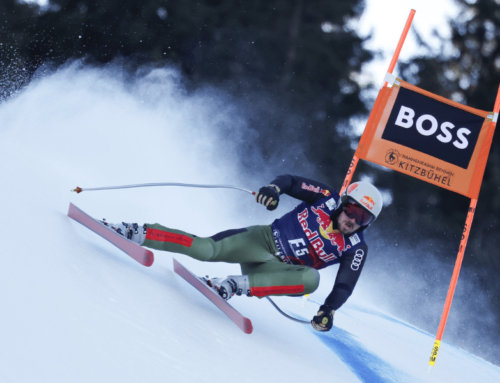Retired racers Koz, Jonna shift gears, thrive in the frenetic world of television
 They say that those who can’t … teach. Those who can, retire from racing and go into broadcast television. Take Kristina Koznick and Jonna Mendes. Both women were pegged by NBC Sports to do athlete interviews for the Aspen and Beaver Creek World Cup races.
They say that those who can’t … teach. Those who can, retire from racing and go into broadcast television. Take Kristina Koznick and Jonna Mendes. Both women were pegged by NBC Sports to do athlete interviews for the Aspen and Beaver Creek World Cup races.
Koznick pulled double duty, working for NBC at Aspen, plus going on-air with Nick Fellows and British television’s channel 4 in Sölden, Levi and Beaver Creek. For Mendes, NBC’s call came at the end of September with an invitation to work on the men’s downhill in Beaver Creek. BEAVER CREEK, Colorado — They say that those who can’t … teach. Those who can, retire from racing and go into broadcast television. Take Kristina Koznick and Jonna Mendes. Both women were pegged by NBC Sports to do athlete interviews for the Aspen and Beaver Creek World Cup races.
BEAVER CREEK, Colorado — They say that those who can’t … teach. Those who can, retire from racing and go into broadcast television. Take Kristina Koznick and Jonna Mendes. Both women were pegged by NBC Sports to do athlete interviews for the Aspen and Beaver Creek World Cup races.
Koznick pulled double duty, working for NBC at Aspen, plus going on-air with Nick Fellows and British television’s channel 4 in Sölden, Levi and Beaver Creek.
“I’ve known Nick for several years from being on World Cup,” explained Koz. “Last year I was racing in Sweden and fell on the first run. So Nick asked me to do commentary with him on the second run. I had a great time in the booth, and Nick actually said I’d done a great job. Then he added that when I retire, I should call him.”
Just two weeks after officially retiring, Fellows phoned Koz with an offer to work full time for the British network and his own Hot House Productions.
“Well, I knew I couldn’t do it full time. I had just retired and was a bit tired of traveling the whole World Cup circuit, and needed a break from it. So I answered that I really appreciated the opportunity, but I just couldn’t do it. I figured that would be that. …
“They came back with a part-time offer and said they’d work with my winter schedule. Plus, Nick was willing to work with any scheduling I may have with NBC, so I had to say yes,” said Koznick.
From Fellows’ side, after his 16 years on air (following his own race career), he saw a strong talent combined with Koznick’s personality and focus. And this winter, England will enjoy 18 weekly hours of World Cup programming on Channel 4.
“Our show,” explained Fellows, “had suffered from being too male oriented. And we went the other direction by trying very female talent with no race background. We were waiting for someone like Kristina to come along. She connects with the athletes, and if she gets a bollocking, she gets upset with herself. She is as serious about this job as she was about ski racing.”
For Mendes, NBC’s call came at the end of September with an invitation to work on the men’s downhill in Beaver Creek.
Mendes said, “John McGuinness is the producer for all the ski programming. I was thrilled that he thought to call me and that he asked a girl to do interviews on a men’s race. I’m so recently retired that I think NBC saw the value of my relationships with USSA media and with the athletes. I’m able to pick apart the run a lot more than someone who hasn’t raced, and I see the tiny mistakes that lose tenths here and there. Not only do I see where racers lose speed, I can also see the places where the race is won. ”
Mendes admits to some nerves leading into her debut, held with a large American crowd on home turf.
She said, “I was incredibly nervous! I have no experience in television, and I’m used to being very prepared in my ski racing. And it’s not as easy as you’d think. There are a lot of rules, like keep it brief. Ask a question and get the athlete’s attention with something that isn’t mundane. And I don’t know all the tiny details that make for a good interview.
“Well, NBC was great. They spent time instructing me, and they didn’t expect me to know all the details. But for as mellow and as positive as they were, I’m an athlete at heart and I wanted to do my best. It’s really like any other race …”
Koznick also got the call from McGuinness, inviting her to do finish-line interviews for the women’s Aspen GS race. She felt more prepared for the event, since she’d so recently worked with Channel 4. Turns out things are bit different from network to network …
Koznick said, “It’s natural for me to ham it up on the camera. I can chat and talk about aspects of ski racing so easily, but this was so different … learning to do interviews and pose intelligent questions is challenging. And it’s a lot of researching backgrounds and knowing statistics.
“Also, I hadn’t used an ear bud [ear piece] with Hot House and it was so difficult. I just wasn’t used to someone talking in my ear while I was listening to the athlete. The morning of the first run at Aspen, I got really frustrated. I mean really. I just didn’t want to be mediocre. So I rode the lift with Steve [Porino], who is a longtime friend. And I said that I didn’t know if I had the ability to do this.
“Pino told me I’m a natural and to just be myself. He said he’d hate for a talent like mine to just walk away from it. Then I did inspection and went to the finish for interviews, and the ear bud actually helped! I have a long way to go, but now I think I can do it.”
Mendes agrees that the most difficult part of the NBC job is dealing with the ear bud, which is a direct link from the producer.
“They may be talking in your ear while you’re supposed to listen to the athlete,” she said. “It’s incredibly distracting. But the whole experience was really positive. It was good for them [NBC], but it was great for me.”
